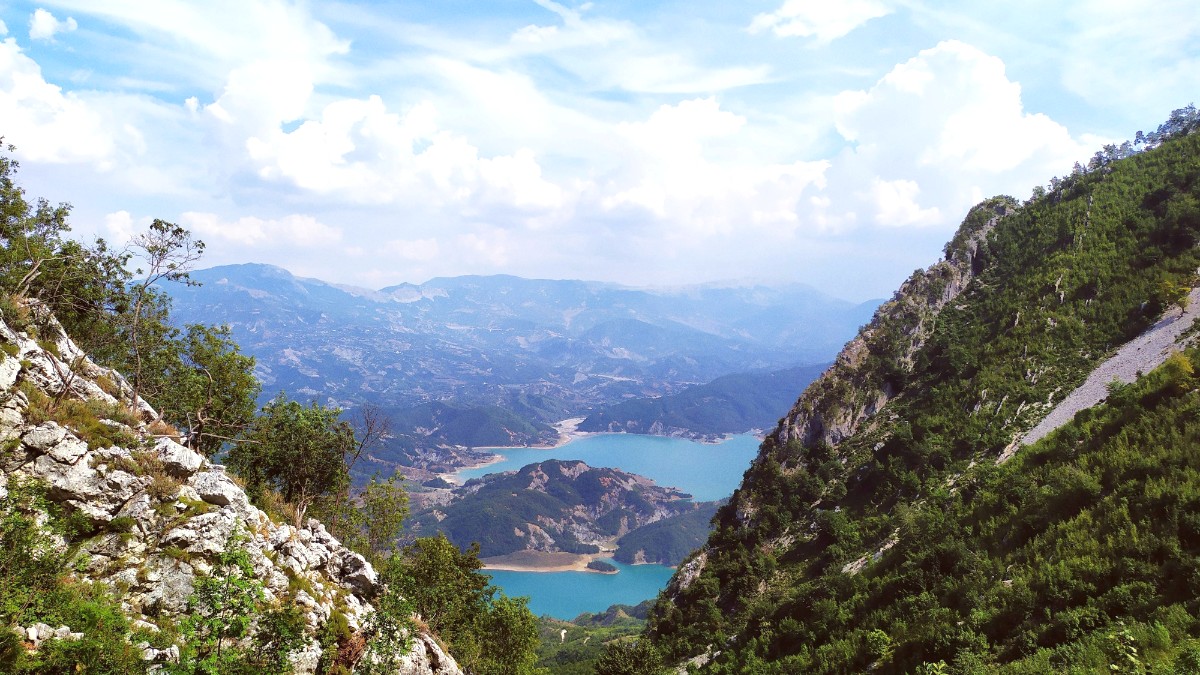
Albania
Purchasing a local SIM card is easy and affordable. Acquire one upon arrival at Tirana International Airport or from official provider stores in Durres city. Major providers include Vodafone Albania, One Albania, and ALBtelecom.
Wi-Fi is widely available and typically free in hotels, restaurants, and cafes throughout Durres. Look for network names, and staff usually provide passwords.
Albania's national postal service, Posta Shqiptare, operates in Durres. You can find post offices in the city center for sending letters and postcards.
Albanian (Shqip) is an unique Indo-European language. English is increasingly common, especially among younger generations and in tourist settings. Italian is widely understood, specifically among older generations.
Downloading offline language packs for translation apps streamlines communication, enhancing local interactions.
Generally open from 9 AM to 8 PM. Some smaller shops might close for a midday break. Supermarkets often operate longer, until 9 PM or 10 PM.
Lunch service from 12 PM to 3 PM, dinner from 6 PM to 11 PM or later in summer. Cafes open earlier (7-8 AM) and often close late.
Typically open from 8:30 AM to 4 PM, Monday to Friday. ATMs are available 24/7 in various city locations.
Generally open from 9 AM to 4 PM, or longer during summer (e.g., 9 AM - 8 PM). Most museums are closed on Mondays.
Services may be limited or closed on these days. Public transport might operate on a reduced schedule. Holidays include New Year's Day, Summer Day (March 14), Nevruz Day (March 22), Catholic/Orthodox Easter, Eid al-Fitr/Eid al-Adha, International Workers' Day (May 1), Mother Teresa Day (Oct 19), Independence Day (Nov 28), Liberation Day (Nov 29), National Youth Day (Dec 8), and Christmas Day (Dec 25).
Albanians are warm and hospitable; observing local customs enriches your experience and fosters positive connections.
A handshake serves as the common form of greeting. "Mirëdita" (good day) or "Përshëndetje" (hello) are appropriate verbal greetings. A simple "Përshëndetje" acknowledges staff when entering a small shop or cafe.
Casual attire is generally acceptable in Durres, especially on the beach or in tourist areas. When visiting religious sites (churches, mosques), dress modestly by covering shoulders and knees. Women should carry a scarf to cover their heads when entering a mosque.
Albanians are known for their hospitality ("Besa"). Do not be surprised if you receive direct communication or even invitations for a coffee. Tipping is appreciated but not strictly mandatory. 5-10% in restaurants serves as a good guideline.
Generally, photography is acceptable in public places, landmarks, and scenery. Always ask for permission before taking close-up photos of individuals, especially children. Be discreet and respectful when photographing inside religious settings; some places might have specific rules against photography.
Efforts to learn basic Albanian phrases and honor local customs earn appreciation and open doors to genuine interactions.
Visitors with mobility considerations may encounter infrastructure limitations; advance planning and direct inquiries are advisable.
Infrastructure in Durres, like much of Albania, is generally limited for travelers with mobility challenges. Sidewalks can be uneven, narrow, and often obstructed. Ramps are rarely available for building entrances or curb cuts, making movement with wheelchairs difficult. Older historical sites are often not designed with modern accessibility standards.
The Roman Amphitheatre has limited accessibility due to its ancient nature and uneven terrain. Exploring its interior may be difficult for wheelchair users. Older historical buildings are typically not wheelchair accessible. Public transport, including local buses, is not wheelchair accessible. Taxis are an option for foldable wheelchairs; confirm with the driver beforehand. Private transfers with larger vehicles are a more reliable option.
Specific services, signage (e.g., Braille), or audio guides for travelers with visual or hearing impairments are very limited in Durres. Rely on companions, digital translation tools, or the goodwill of locals.
Few dedicated resources or organizations provide comprehensive accessibility information for travel in Albania. Contact hotels and tour operators directly well in advance of your trip. Clearly describe your specific accessibility requirements and inquire about their specific features, like ramp access, elevator availability, room configurations, and bathroom setup. Online forums or social media groups dedicated to accessible travel may offer anecdotal advice from previous visitors.
Direct communication with hotels and tour operators about specific accessibility needs ensures a more accommodating journey.